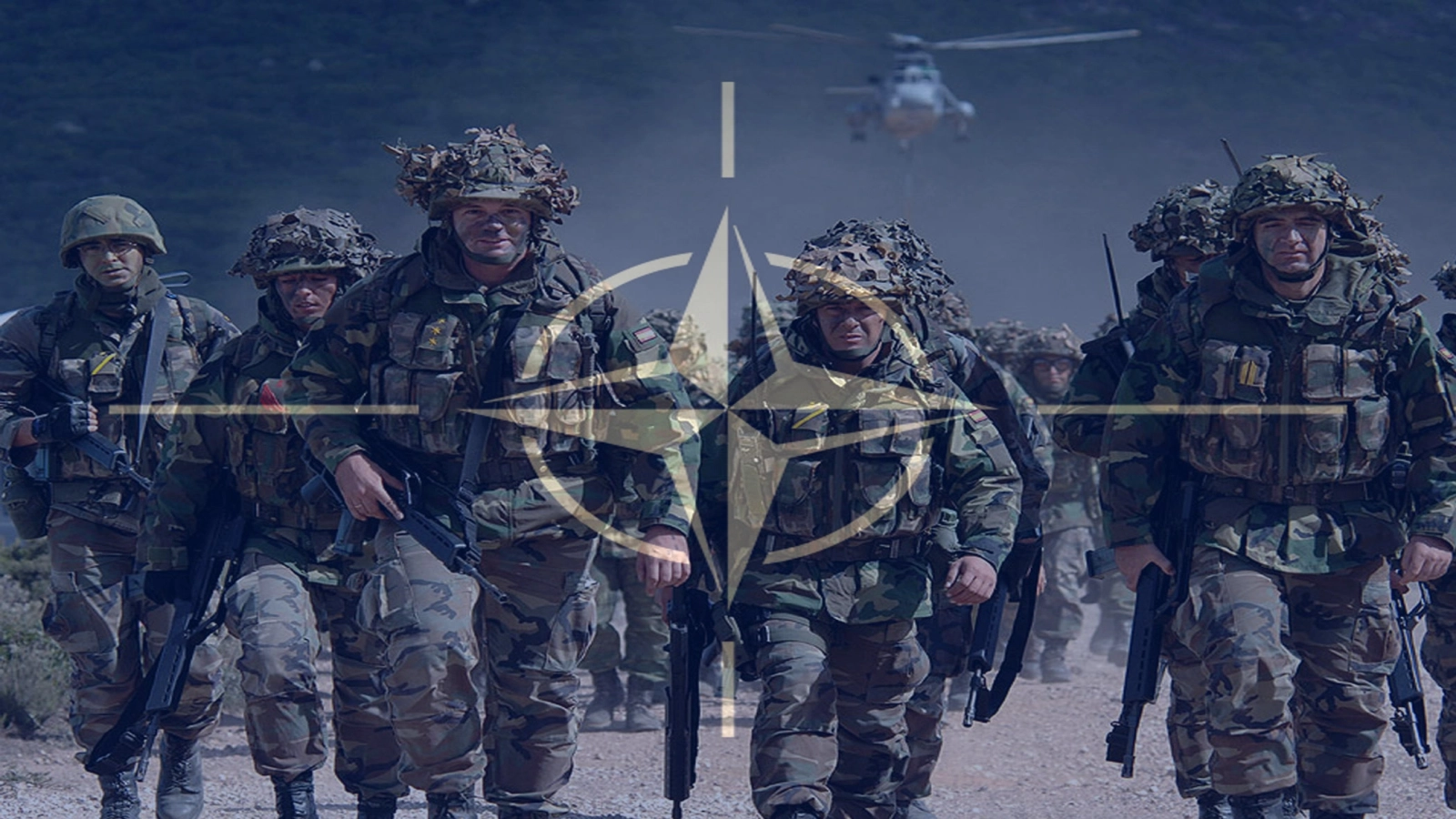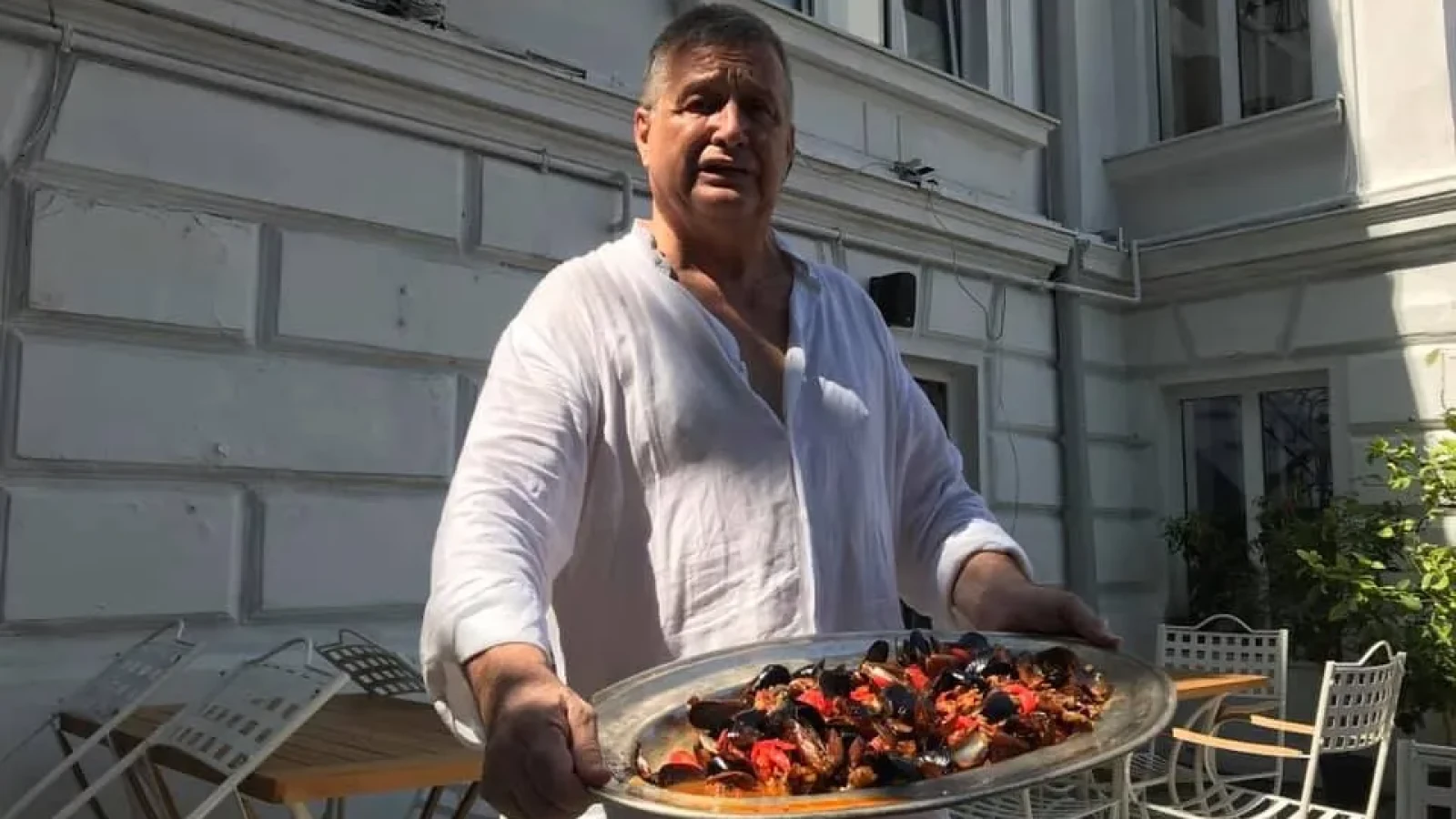Foreign Affairs Minister Bogdan Aurescu attended the Romania-Poland-Turkey trilateral meeting on Tuesday, in a videoconference system, at the level of Foreign Affairs ministers, together with his Polish counterpart, Jacek Czaputowicz, and the Turkish one, Mevlut Cavusoglu, informs the Ministry of Foreign Affairs (MAE) in a release sent to AGERPRES.
The ministers discussed, based on the conclusions of the NATO ministerial meeting on 2 April, how the three countries could improve their cooperation to support the fulfillment of allied priorities in the current international context. One of the main topics addressed was the NATO contribution to managing the impact of the SARS-CoV-2 pandemic.
Bogdan Aurescu highlighted the capabilities and mechanisms available to the Alliance in this context, welcoming the idea of developing a NATO pandemic response plan with synergistic military and civilian components, as well as the need to pay special attention to countering disinformation campaigns launched in the context of the pandemic.
The Romanian chief diplomat asserted, at the same time, the importance of identifying new ways of strengthening NATO and its role at international level, in partnership with countries and organizations that share the same values and objectives, with the reflection process recently triggered at the allied level on increasing NATO's political dimension being able to play a relevant role in this respect, and reiterated the special importance of allied solidarity and transatlantic relation, as fundamental principles of NATO, but also the need to continue the process of adapting the Alliance and strengthening its deterrence and defence posture, including on the Eastern flank, especially at the Black Sea.
At the same time, says the MAE release, the three Foreign Affairs ministers also addressed the persistent developments and challenges of the Eastern neighbourhood, including in the context of the pandemic with the novel coronavirus. Minister Aurescu presented Romania's assessment of the situation in the Republic of Moldova and highlighted, in this context, the concrete and consistent support given by Romania to the citizens of the Republic of Moldova and, in line with the approach supported in recent bilateral or European contacts, encouraged the intensification of efforts in this regard also from the Polish and Turkish partners, including through close coordination with Romania.
The Romanian chief of diplomacy referred to the importance of strengthening the allied presence on the Eastern Flank, including the Black Sea. Evoking the complex security situation in the Black Sea area and the tensions that continue to affect the region, Bogdan Aurescu advocated the continuation of the implementation of the decisions on the Allied presence submitted in this region. In this context, he highlighted Romania's actions, calling for the continued support of Turkey and Poland in implementing the agreed measures at allied level, and stressed the importance of increasing allied presence within the NATO structures in Romania.
The minister advocated the coordinated involvement of the three states to implement NATO stability design programmes in the Eastern and Southern neighbourhoods. In particular, he referred to assistance to Georgia and Ukraine, which continue to face multiple pressures and challenges, in the context of the adoption at the NATO Foreign ministers' meeting on 2 April of new support measures for the benefit of the two partners, in addition to the assistance package to ensure security in the Black Sea region, adopted last year in Washington.
At the same time, the Romanian chief diplomat voiced Romania's support for strengthening NATO's role in managing challenges from the southern neighbourhood, welcoming the decision to develop the NATO mission in Iraq, as well as to increase the Alliance's role in North Africa and the Middle East. He confirmed the continued participation of our country in the missions through which NATO contributes to strengthening security and stability in the southern neighbourhood of the European continent.
The three ministers also discussed the relationship with the Western Balkan states, highlighting NATO's commitment to deepen the partnership and to continue providing assistance, in line with the specific interests and needs of the partners. They have stressed in addition the importance of continuing reforms and fulfilling the commitments these countries have made in relation to Euro-Atlantic organisations. A series of concrete joint projects of the Trilateral, which are to be implemented at various levels and formats, were also addressed by the three ministers.
At the end of the trilateral meeting, the head of the Romanian diplomacy confirmed Romania's readiness to host, according to the principle of rotation, the next round of trilateral consultations, to take place in 2021.
































Comentează